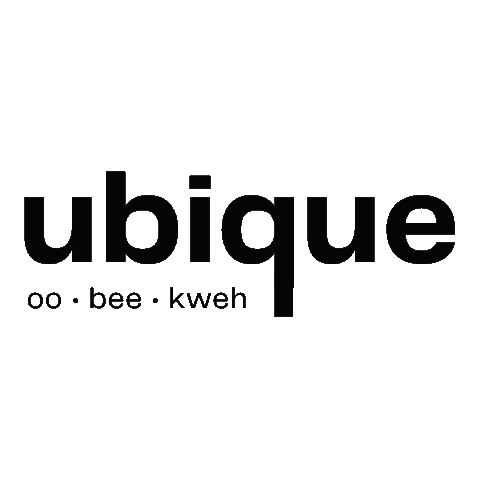Rape Culture & Consent Education (Pt. 2)
Written By Anonymous
Edited by pat bui
“If you are at a party and a boy asks if you want to go outside to see the vegetable patch, just say no” was the full extent of English teacher Bridget Costelloe’s consent education in her all-girls’ Catholic high school during the 80’s. I was shocked to hear this, but then reflected on my own sex education experience. Are they just the same principles wrapped up in progressive wording, or has education really changed?
At first, I couldn’t recall much of my single term of Year 9 Sex-Ed. class. My clearest memory of it is a video using tea as an analogy for consent. ‘You can’t force people to drink tea’ it said. I’m skeptical of this simple concept. Then, I think back to the legal areas covered and the emphasised importance of healthy relationships. The class was also taught with a focus not on the marks you got, but genuinely understanding why respect and balance are so important in relationships. Overall, the term had good principles for teaching basic consent.
-
In a survey, students were asked if there was a ‘rape culture’ here at TUHS. Half of the respondents are somewhere in the middle of believing that a rape culture exists at Uni High, while 37% are more certain that there is one. This is sadly unsurprising considering that the sexual assault rate is higher for those aged 15–19 (455 assaults per 100,000) than any other age group.
I wonder if much of the blame for this statistic can be attributed to overly watered-down sex education and a lack of in-depth conversations about rape and sexual assault. Teenagers aren’t given the opportunity to talk about consent maturely when it’s taught in simplified ‘PG’ terms. This approach to teaching can give the impression that these issues aren’t as serious as they are. Frankly, it’s confusing.
-
Upon asking a friend about the Year 11 “Love Bites” program, which is ran by the police, I got a concerning story. During the introduction of the workshop, it was stated that ‘there were no wrong opinions’ in their space. At one point, a male student blatantly said that if a woman got raped while she was drunk it was her fault. When the girls present expressed their distress at this opinion, those teaching the class shut them down by saying ‘we have a lot of content to get through.’
Even at a school like UniHigh with a reputation for being open and progressive, the sexual education provided is still limited… our education system has a lot to improve on and clarify to be able to raise our students with the right mindset.
*Rape Culture: an environment whose prevailing social attitudes have the effect of normalisng or trivialising sexual assault or abuse.
-
Editor’s Note: Turns out this article has spread far and wide, right to our very own principal’s, Ms Foster, ears. Aside from thoroughly enjoying this series, she hopes that students of Uni High know they are being listened to, and that the school is making a conscious effort into improving our community. Here’s what she said.
The UHS leadership team is very keen to have students involved in improving our Consent Education. The team has been working directly with students to design a whole-school survey to understand students’ experiences, concerns and priorities. This will be implemented at the same time as the annual Student Attitudes to School Survey later in Term 3. I strongly encourage all students to participate in both surveys.
The Student Attitudes to School Survey is an evidence-based, statewide survey of all public school students each year. This is an important process: we use the results of these surveys to inform planning, programs and strategic priorities. In this survey in 2019-20, 71-75% of UHS students responded positively (‘Agree’ or ‘Strongly Agree’) to the statement “I feel safe at this school”, with the majority of remaining responses in the neutral (‘Neither Agree nor Disagree’) category. UHS performance in the overall ‘Safety at School’ category in the Attitudes to School survey is equivalent to similar schools, network and state measures. This does not mean that there is not room for improvement: this is a complex area with many factors and we are deeply committed to working with staff and students on continuing to improve these outcomes.
- Ciar Foster, Principal.
-
If you have any inquiries, comments or feedback, let us know by commenting down below, emailing us directly through our ‘Contact Us’ page, or messaging us through:
Instagram: @ubiqueuhs
Gmail: ubiqueteam@gmail.com
